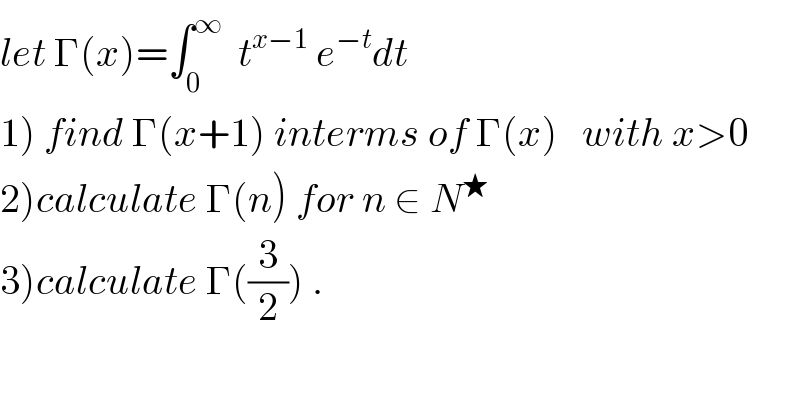Question Number 33896 by math khazana by abdo last updated on 26/Apr/18

Answered by tanmay.chaudhury50@gmail.com last updated on 27/Apr/18

Answered by tanmay.chaudhury50@gmail.com last updated on 27/Apr/18

Answered by tanmay.chaudhury50@gmail.com last updated on 27/Apr/18

